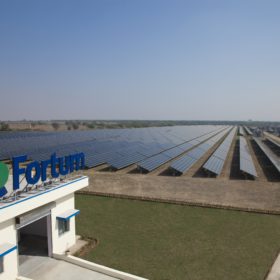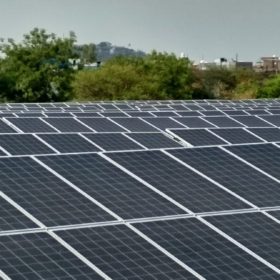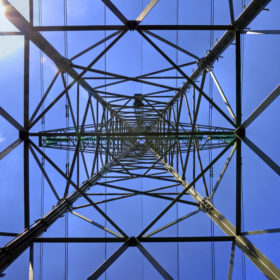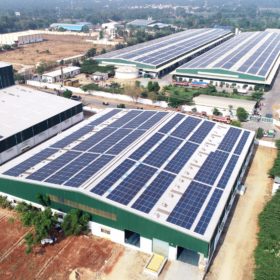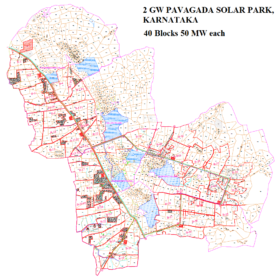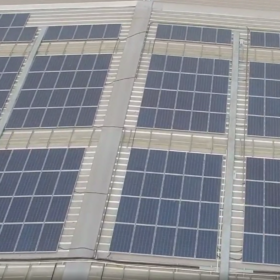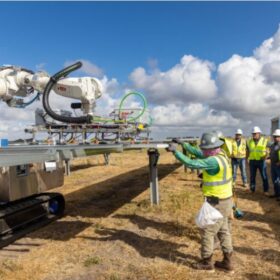Karnataka sets benchmark capital cost for solar
The reference capital cost for developing solar projects in Karnataka has risen this year despite continuing falls in component prices.
Goa’s pioneering EV tourism initiative gathers steam
The success of the e-bike cycling tours – which operate out of recycled shipping container ‘e hubs’ – looks set to be replicated in four more states in short order.
Railway Energy tenders 140 MW hybrid project capacity
Three dual renewable energy generation projects are up for grabs with the state owned railway management company having set a tariff ceiling of Rs2.70/kWh for projects which will be dominated by wind capacity.
Government prepares new payment security mechanism for developers — four months after the last one
Solar Energy Corporation of India was given a Rs 500 crore cash pot to help developers in February, but that clearly wasn’t enough, as a second newly announced scheme underscores just how much financial distress the country’s state power companies are in.
Oriano completes 13.75 MW projects for Cleantech Solar across multiple states
Currently, the Mumbai-based solar EPC firm is executing 134.5 MWp project capacity to be commissioned by September 2019. It expects to surpass cumulative installation of 350 MWp by the end of FY 2019-20.
Power-surplus Karnataka state says no to new solar
India’s leading solar region has been forced to apply the brakes to new solar with its power distribution companies having fulfilled their renewable purchase obligations for the next two years. Projects driven by federal agencies will continue, however.
Orb Energy begins third phase of one of India’s largest multi-site PV rooftops
The solar manufacturer is installing three rooftop systems in Karnataka and Tamil Nadu for polypropylene woven fabric maker Klene Paks. The units will have a cumulative capacity of 7.63 MW.
ReNew Power commissions 300 MW solar plant in Pavagada Solar Park
The 300 MW solar plant at the Pavagada Solar Park, located in Tumkur district of Karnataka, is ReNew Power’s largest solar plant commissioned in terms of capacity till date. It is said to be the first utility-scale solar plant in India to use high-efficiency mono PERC solar modules.
Change in form of Indian power purchase agreements may occur, says UK developer
The chief executive of Britain’s Proinso suggested slashing the length of power supply contracts from 25 to just five years could be a significant setback for Indian solar, and said the solution could be a hybrid agreement incorporating fixed and spot prices.
Andhra Pradesh regulator considers five-year PPAs
Hard-up distribution companies say they are not reaping the benefits of falling renewable energy generation costs because 25-year deals tie them to paying power prices which now appear unjustifiably high.
